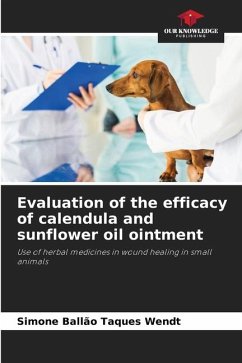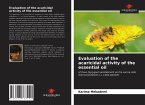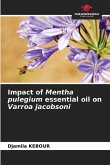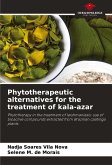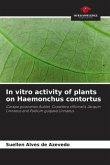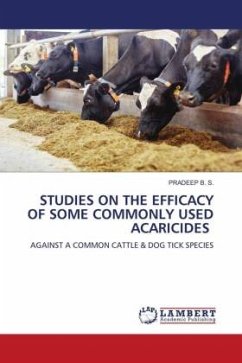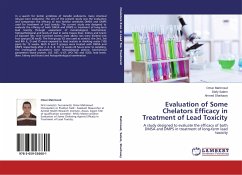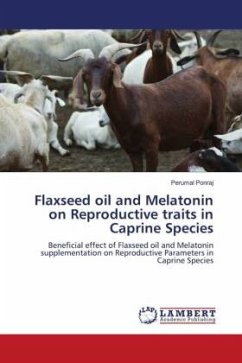Normally, in veterinary practice, wounds that will heal by second intention are protected using artificial dressings, which basically consist of gauze impregnated with emollient or antiseptic substances. Various studies have been carried out to find a substance that reduces the effects of contamination and favours the healing process. Considering the concern to offer alternatives to speed up the healing process in small animals, the purpose of this study was to evaluate the effect of two herbal medicines: calendula (Calendula officinalis) and sunflower oil (Helianthus annus) on wounds that healed by second intention by evaluating the clinical evolution, microbiological and histopathological aspects.
Bitte wählen Sie Ihr Anliegen aus.
Rechnungen
Retourenschein anfordern
Bestellstatus
Storno

